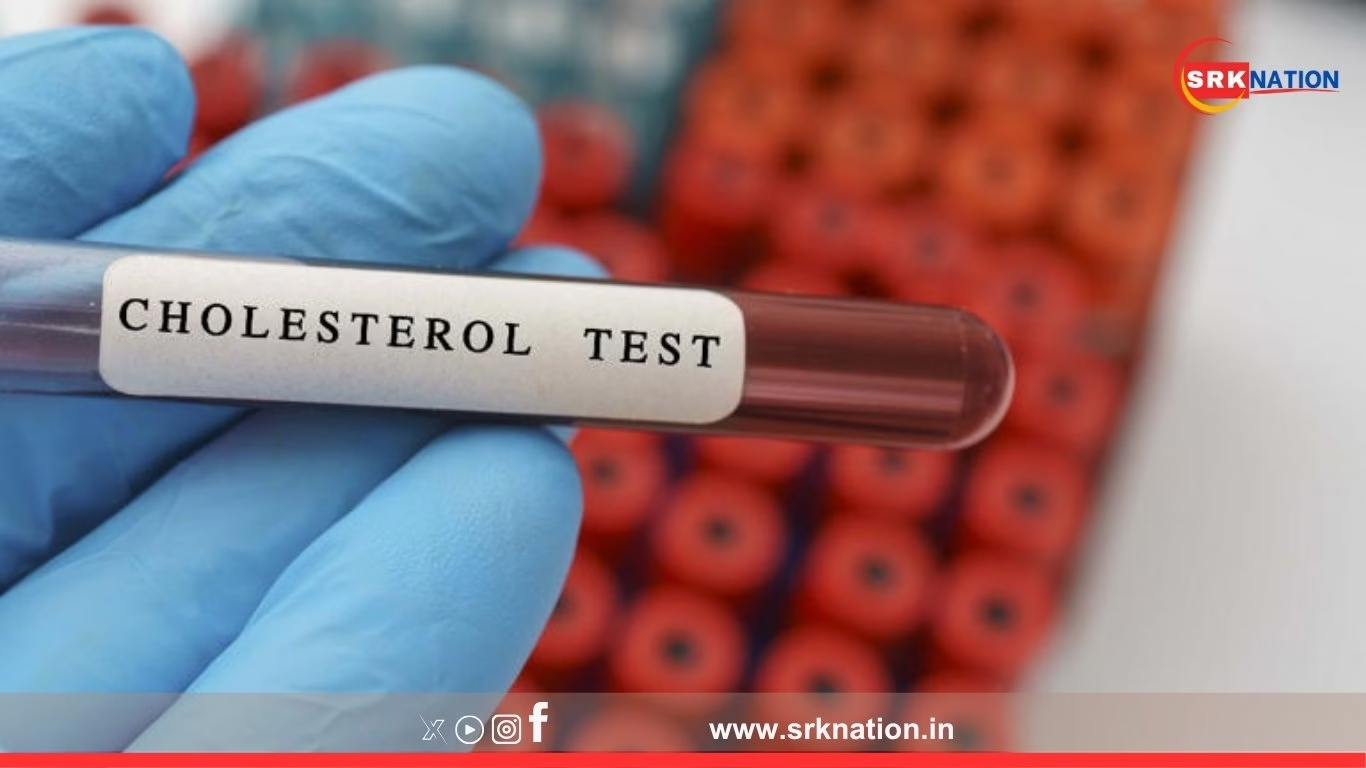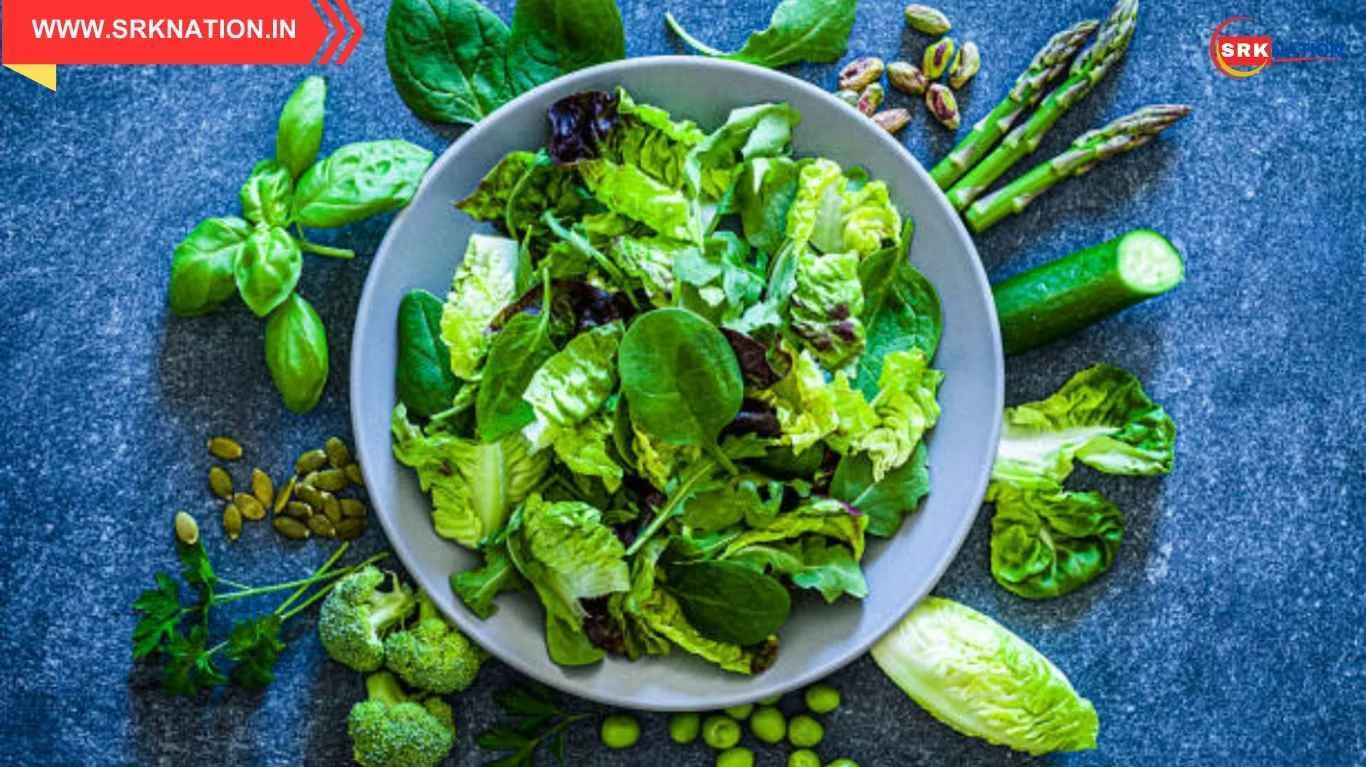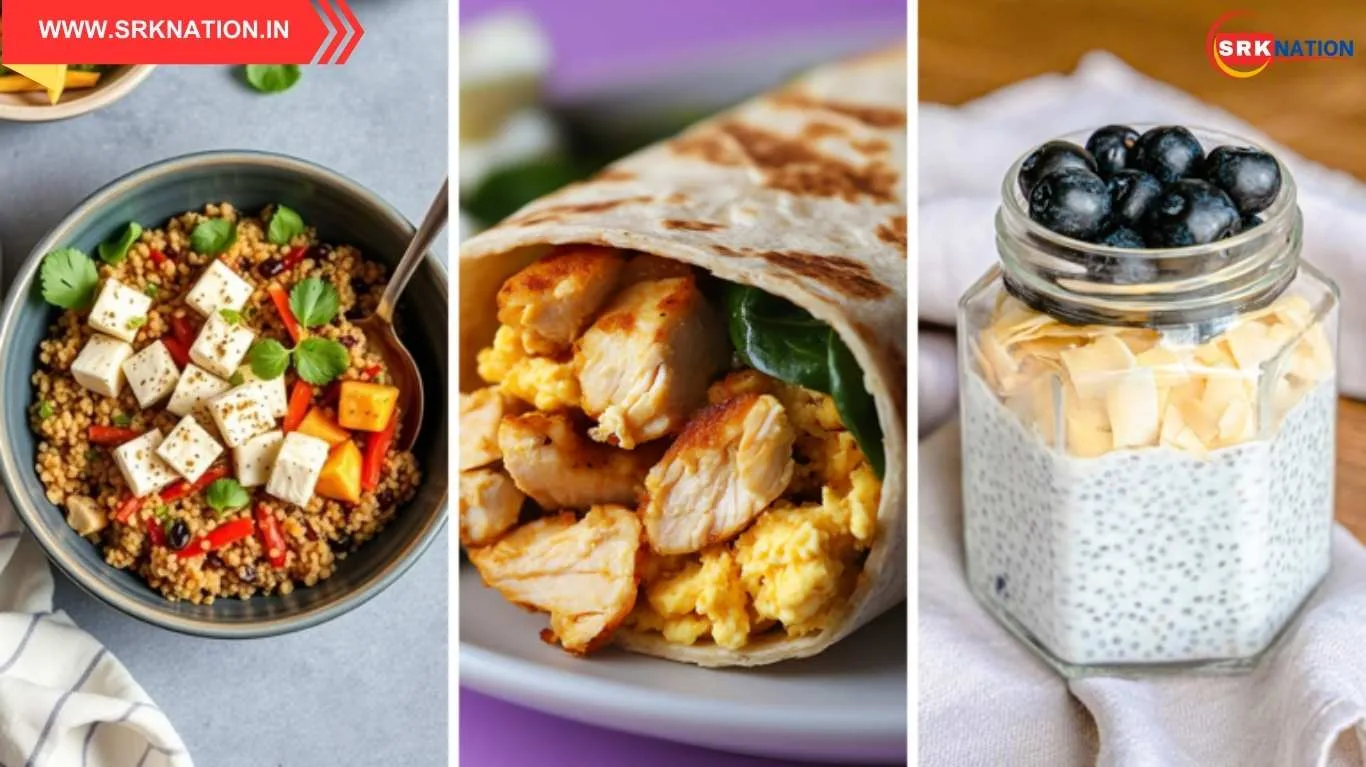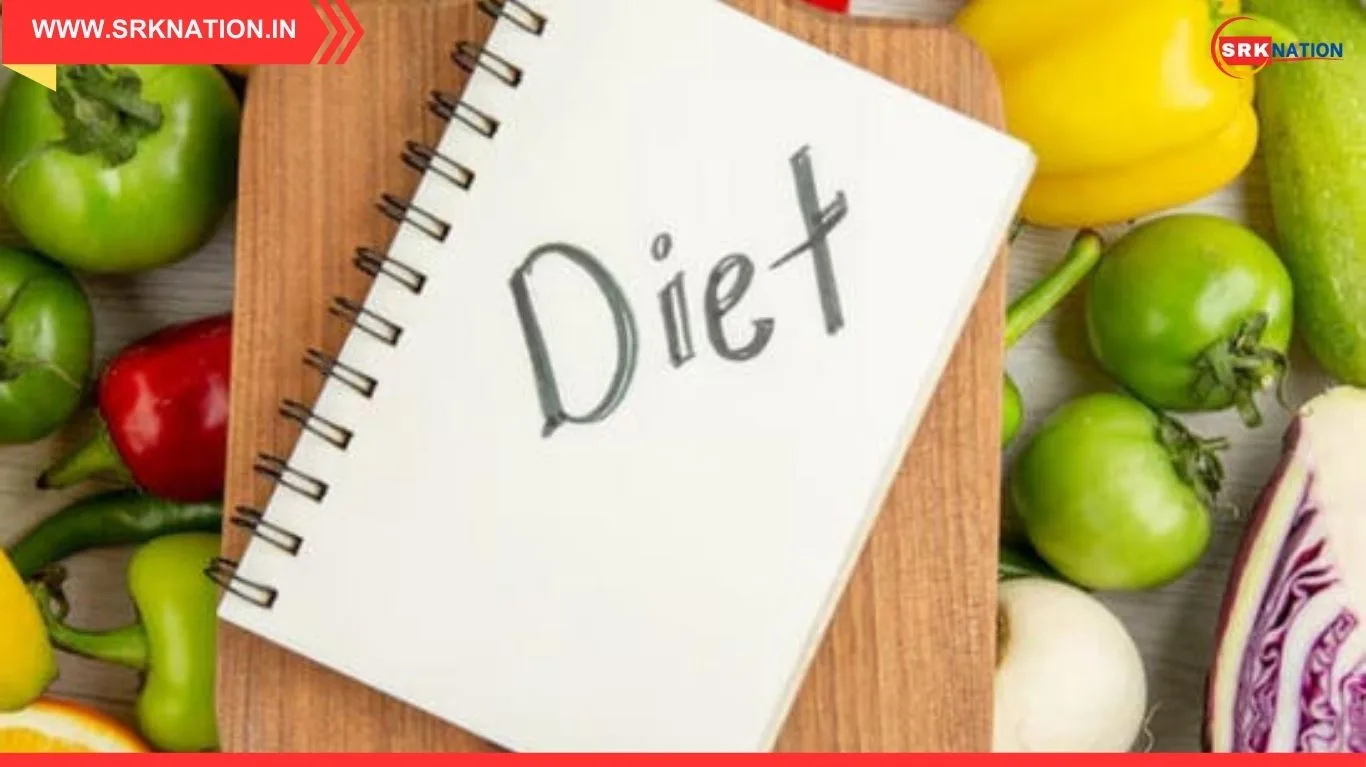In India and worldwide, cholesterol is often seen as the enemy of heart health. However, decades of evolving research and public confusion have led to widespread myths that continue to influence daily choices about diet, cooking oils, and lifestyle. Let’s decode the biggest myths about cholesterol and understand how cooking oils can support or sabotage your health goals.
What Is Cholesterol Really?
Cholesterol is a waxy, fat-like substance produced by the liver and found in every cell of your body. It is vital for:
- Hormone production (including estrogen and testosterone)
- Vitamin D synthesis
- Building cell membranes
- Digesting fats through bile acids
Myth 1: All Cholesterol Is Bad
✅ Reality: Cholesterol is carried in blood via lipoproteins:
| Type | Function |
|---|---|
| LDL (Low-Density Lipoprotein) | Often called ‘bad cholesterol’ as it carries cholesterol to arteries, leading to plaque build-up. |
| HDL (High-Density Lipoprotein) | Known as ‘good cholesterol’ because it carries cholesterol away from arteries to the liver for removal. |
Maintaining a healthy balance of LDL and HDL is critical for heart health, not eliminating cholesterol altogether.
Myth 2: Eating Cholesterol-Rich Foods Directly Increases Blood Cholesterol
✅ Reality: For most people, dietary cholesterol has minimal impact on blood cholesterol compared to trans fats and saturated fats. For instance:
- Eggs, often demonised for their yolk, are high in nutrients and do not significantly raise cholesterol in most individuals.
- Genetics, lifestyle, and types of fats consumed influence blood cholesterol levels more than dietary cholesterol alone.
Myth 3: Oils Labeled ‘Cholesterol-Free’ Are Always Healthy
✅ Reality: Vegetable oils naturally have no cholesterol since cholesterol is found only in animal products. However:
- Some ‘cholesterol-free’ oils may be high in omega-6 polyunsaturated fats, which if consumed excessively relative to omega-3, can cause inflammation.
- Certain refined oils undergo high-heat processing, resulting in trans fats and loss of antioxidants.
Myth 4: Coconut Oil Is The Healthiest Cooking Oil
✅ Reality: While coconut oil has gained popularity for its medium-chain triglycerides (MCTs) and antimicrobial properties, it is also high in saturated fat (~82%), which may raise LDL cholesterol if consumed excessively. Its moderate use is acceptable but should be balanced with unsaturated fats from other oils.
Myth 5: Olive Oil Cannot Be Used For Indian Cooking
✅ Reality: Olive oil, especially extra virgin, is ideal for salads, dips, and low-heat cooking. However, pure or light olive oil with higher smoke points is suitable for Indian sautéing and shallow frying. For deep frying, neutral oils with high smoke points like groundnut or rice bran oil are preferable.
Best Cooking Oils And Their Key Benefits
| Oil | Smoke Point (°C) | Key Fatty Acids | Benefits |
|---|---|---|---|
| Mustard Oil | ~250 | Omega-3, MUFA | Anti-inflammatory, heart-friendly. |
| Groundnut Oil | ~225 | MUFA, PUFA | Stable for frying, mild flavour. |
| Rice Bran Oil | ~254 | MUFA, PUFA, Oryzanol | Lowers cholesterol, high antioxidant content. |
| Coconut Oil | ~177 | Saturated fats (MCTs) | Quick energy source, antimicrobial properties. |
| Sunflower Oil | ~225 | PUFA (omega-6) | High vitamin E, balance with omega-3 intake. |
| Sesame Oil | ~210 | MUFA, PUFA, lignans | Antioxidant-rich, traditional Indian oil. |
| Extra Virgin Olive Oil | ~190 | MUFA, polyphenols | Cardioprotective, anti-inflammatory, ideal for raw use. |
Myth 6: Ghee Is Unhealthy For The Heart
✅ Reality: Traditional ghee, when consumed in moderation, provides short-chain fatty acids (butyrate) beneficial for gut health. However, excess intake, especially in a sedentary lifestyle, contributes to high saturated fat intake.
Myth 7: Margarine Is Better Than Butter
✅ Reality: Some margarines contain trans fats, which are worse for heart health than butter’s natural saturated fats. Always check labels for “partially hydrogenated oils” and avoid them.
Tips For Using Cooking Oils Smartly
- Rotate Oils: No single oil has all fatty acids in ideal ratios. Rotating between mustard, groundnut, sesame, and rice bran ensures balanced nutrition.
- Avoid Reusing Oils: Repeated heating generates toxic compounds linked to inflammation and heart disease.
- Use The Right Amount: Even healthy oils are calorie-dense (~120 calories per tablespoon). Excessive use contributes to weight gain and related metabolic issues.
- Combine With Whole Foods: Healthy oils work best alongside fibre-rich, antioxidant-rich meals rather than fried or processed foods.
Myth 8: Only Diet Controls Cholesterol
✅ Reality: While diet plays a significant role, physical activity, stress levels, sleep quality, smoking, and genetics also influence cholesterol. Incorporating daily movement, yoga, and stress reduction are equally important.
Cholesterol Levels Reference Table
| Category | Total Cholesterol (mg/dL) | LDL (mg/dL) | HDL (mg/dL) | Triglycerides (mg/dL) |
|---|---|---|---|---|
| Desirable | <200 | <100 | >60 | <150 |
| Borderline | 200–239 | 100–129 | 40–59 | 150–199 |
| High Risk | ≥240 | ≥130 | <40 | ≥200 |
Final Takeaway
Busting cholesterol myths is crucial to make informed health decisions. Focus on balance and moderation, not fear-based elimination. Prioritise whole foods, diversify your oil choices, avoid processed trans fats, and complement dietary care with physical activity for sustainable heart health.
Disclaimer
This article is for general informational purposes only and does not replace medical advice. Consult your doctor or certified nutritionist for personalised guidance if you have high cholesterol, cardiovascular disease, or metabolic conditions.











